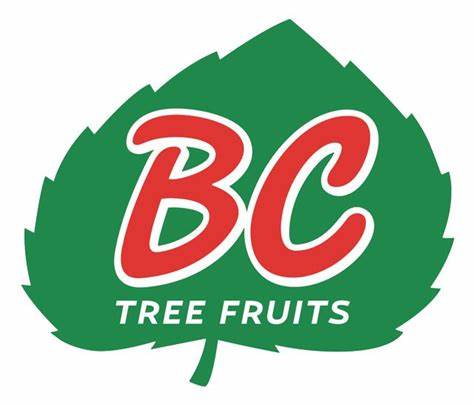Canada’s Inflation Rate Slows to 1.9% Amid Mixed Economic Signals
Canada’s annual inflation rate eased to 1.9% in November, driven by declining mortgage interest costs and cheaper travel tours, according to Statistics Canada.
Inflation slowed broadly, with grocery price increases cooling to 2.6% year-over-year. However, groceries remain costly, having surged 19.6% since November 2021.
Despite the headline inflation rate aligning with the Bank of Canada’s 2% target in September, core inflation measures remain elevated. CPI-median stood at 2.6%, and CPI-trim at 2.7% in November.
BMO chief economist Douglas Porter noted the report supports a more gradual approach to rate cuts heading into 2025. While BMO anticipates a cut at the Bank’s January 29 meeting, persistently high core readings or U.S. Federal Reserve actions could influence policy.
Housing and Energy Trends
Shelter prices rose 4.6% year-over-year in November, with mortgage interest costs slowing for the 15th consecutive month. However, rental prices increased at an accelerated annual rate of 7.7%, particularly in Ontario, Manitoba, and Nova Scotia.
Gasoline prices dipped 0.5% in November but showed smaller declines compared to last year due to a base-year effect. Excluding gas, overall inflation rose 2% last month.
Black Friday and Consumer Prices
Black Friday promotions contributed to lower prices, particularly in household operations, furnishings, clothing, and footwear. StatsCan highlighted a record decline in children’s clothing prices for November.
CIBC senior economist Andrew Grantham cautioned that upcoming inflation trends could be distorted by temporary factors like the GST holiday starting mid-December, which will end in February. Policymakers will likely focus on labor market data and economic slack to guide future decisions, he added.



